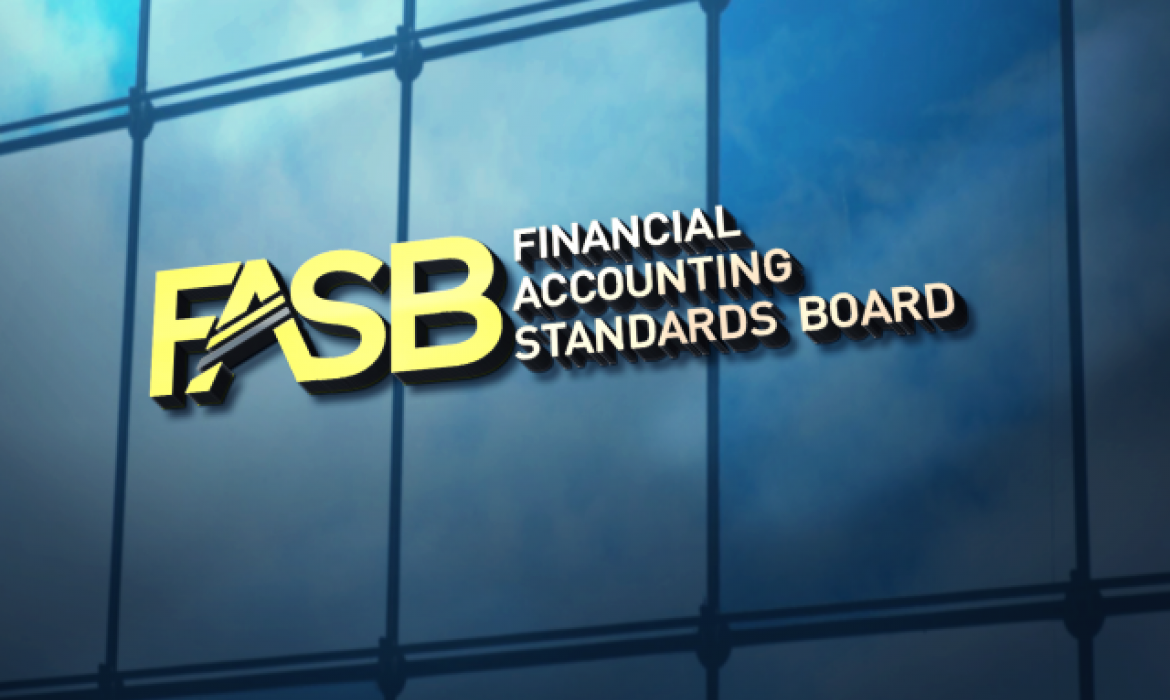By Richard Corn.
It can be difficult at times to achieve a proper work-life balance: we have to juggle our careers, families, friends, and other important responsibilities. When life gets busy, what often gets left behind are our hobbies. This can be frustrating, but even more so in the summer, when there are more family trips and activities we want to spend time on — and not spending time completing repetitive accounting tasks. Going for a run in the summer is one of the ways I love to spend free time, but there were many evenings where a stack of unreviewed journal entries stood between me and my run.
But there is good news: as the accounting industry continues to embrace technology, this has included a shift toward automating and streamlining operations. Not only does this speed up processes and free up more time for higher-value work like client advisory services (CAS), it can also help accountants regulate their work-life balance and devote more time to their personal hobbies. Having tools to help expedite some of the regular processes would have made going for a run a more consistent possibility for me.
Embracing Automation
The platforms and solutions that are quickly becoming table stakes for accounting firms often offer automation tools that can be applied to optimize sometimes-tedious processes and workflows. Chief among the uses for automation in accounting are functions like accounts payable, accounts receivable, and spend & expense management.
- Accounts Payable automation can streamline data extraction, approval workflows, and automatic payment scheduling based on due dates. It can also simplify vendor management and purchase order matching, which significantly reduces manual data entry and expedites the entire payables process.
- Accounts Receivable automation can be applied to invoice generation, cash application, and generating client statements. Automating these tasks also reduces the risk of error and transforms accounts from a “doer” role to a much more time-efficient “oversight” role.
- Spend & Expense Management automation helps to create more efficient, real-time views into cash flow. This includes generating expense reports, reconciling spending on corporate cards, and tracking budgets.
These efficiencies are not only a welcome relief for accounting firms, but are also sought after by the small and medium businesses (SMBs) that firms work with. According to BILL’s 2024 State of Financial Automation Report, 90% of surveyed SMBs believe automation is essential to enhancing business efficiency and decision-making.
AI Innovation
AI is enhancing efficiency and accuracy across the accounting industry. While many firms are still determining how to best incorporate AI, some use cases are already being proven at aiding with day-to-day responsibilities.
- Financial analysis and reporting: AI-powered predictive analytics can forecast future trends based on existing data, aiding in budgeting and planning.
- Audit processes: AI algorithms are being trained to detect anomalies in financial statements, quickly identifying unusual transactions that might indicate errors or fraud and streamlining audit processes.
- Administrative work: AI can extract relevant information from financial documents and contracts, significantly reducing manual review time.
- Risk assessment: AI can provide real-time evaluation of financial data to provide crucial insights for quicker, more accurate decision-making.
These applications not only boost productivity but also enhance the quality of services provided by accounting firms.
Where to Start
While automation and AI tools can help increase efficiency, they are only one part of the entire solution. It all comes down to how a firm is structuring their overall tech stack. Each component plays a valuable role in ensuring workflows are optimized and work is being completed in a timely — but accurate — manner.
If an accountant cannot trust the tools they use to provide the correct results, it defeats the purpose of using that tool in the first place. The upfront time spent vetting your tech stack components will be realized in the long run when your technology is fully integrated and systems are running as they should with less necessary oversight.
To further increase efficiency, firms may also consider a unified platform that combines multiple essential functions into one location. Rather than spending time jumping from platform to platform to complete connected tasks, a unified platform helps workflows run more seamlessly. This also helps make client data more secure by reducing the number of locations where it is being stored and provides greater visibility into a client’s financials, which is essential for firms looking to roll out CAS offerings.
Clients are Onboard with Tech
Embracing new technology not only provides internal benefits for accounting firms — in many cases, clients are also looking for these solutions at their accounting firms. According to BILL’s 2023 Accounting Firm Hireability Index, 76% of surveyed SMBs will leave or stop referring their current accounting firm if they are not using automation solutions.
And on the positive side, a new need is beginning to emerge among SMBs. Nearly one-third of respondents (31%) said they would prefer to work with an accounting firm that can help them set up or fine tune the finance technologies they are using in their own back offices. As firms become more proficient with the tools they vet and use, this valuable information can be passed on to clients.
Achieving a proper work-life balance is something that we need to constantly work at, but the right technology can bring a little more free time to an accountant’s day-to-day life. Everyone wants to enjoy their summer — start looking into the tech solutions that can help grow your accounting practice and still leave room to enjoy hobbies.
===
Richard Corn is director of product management at Bill.
Thanks for reading CPA Practice Advisor!
Subscribe Already registered? Log In
Need more information? Read the FAQs
![haleakala-sunrise-zip-gallery-2-skylineweb5[1]](https://www.cpapracticeadvisor.com/wp-content/uploads/2020/04/haleakala_sunrise_zip_gallery_2_skylineweb5_1_.5e97b36fd191a.png)



